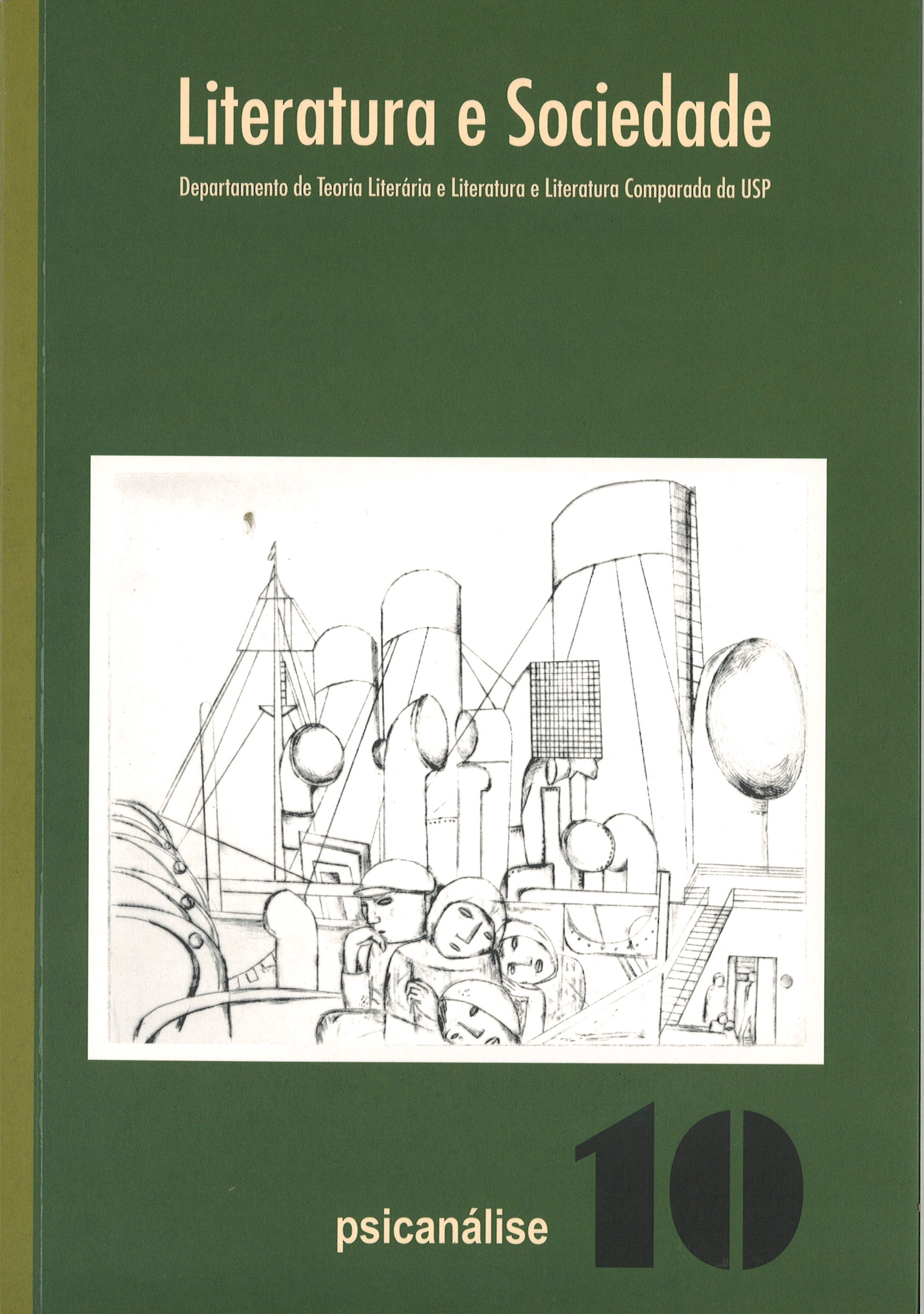(In)tangible phantoms on Murilo Rubião’s short stories
DOI:
https://doi.org/10.11606/issn.2237-1184.v0i10p88-98Keywords:
Murilo Rubião, strange and familiar, subject and society, desire and anguish, lack and language.Abstract
Taking as a starting point the treatment given by Freud to the German signifier unheimlich, the paper will examine the issue of the Biblical epigraphs in Murilo Rubião’s text, a deviceused to give voice to the subject’s phantom. The use of the concept of the “phantom” points to the undeniable possibility of reading Rubião’s short-stories through psychoanalysis (however
uncommon this may be). Complex crossings of subjectivity, as well as the subject’s inner conflicts, are constitutive elements of Rubião’s fantastic literature, a literature that deals
extensively with the conflict between compulsion and its regulation, the individual and his/her surroundings, represented above all by the allusion to family ties, the family, and the clan, as the primary location of unease. Nevertheless, in Rubião’s text, the phantoms – strange and uneasy – become familiar through obsessive work with the linguistic code and with the text’s composition. The latter, at first expected to be orthodox, traditional, and classical, embraces, as signifier, a signified in a state of tension between the logical and the a-logical/illogical, the real and the supra-real, reducing, albeit fleetingly and illusively, the strangeness that pervades the author’s writing.
Downloads
Download data is not yet available.
Downloads
Published
2007-12-06
Issue
Section
Essays
How to Cite
Morais, M. M. de. (2007). (In)tangible phantoms on Murilo Rubião’s short stories. Literatura E Sociedade, 12(10), 88-98. https://doi.org/10.11606/issn.2237-1184.v0i10p88-98


